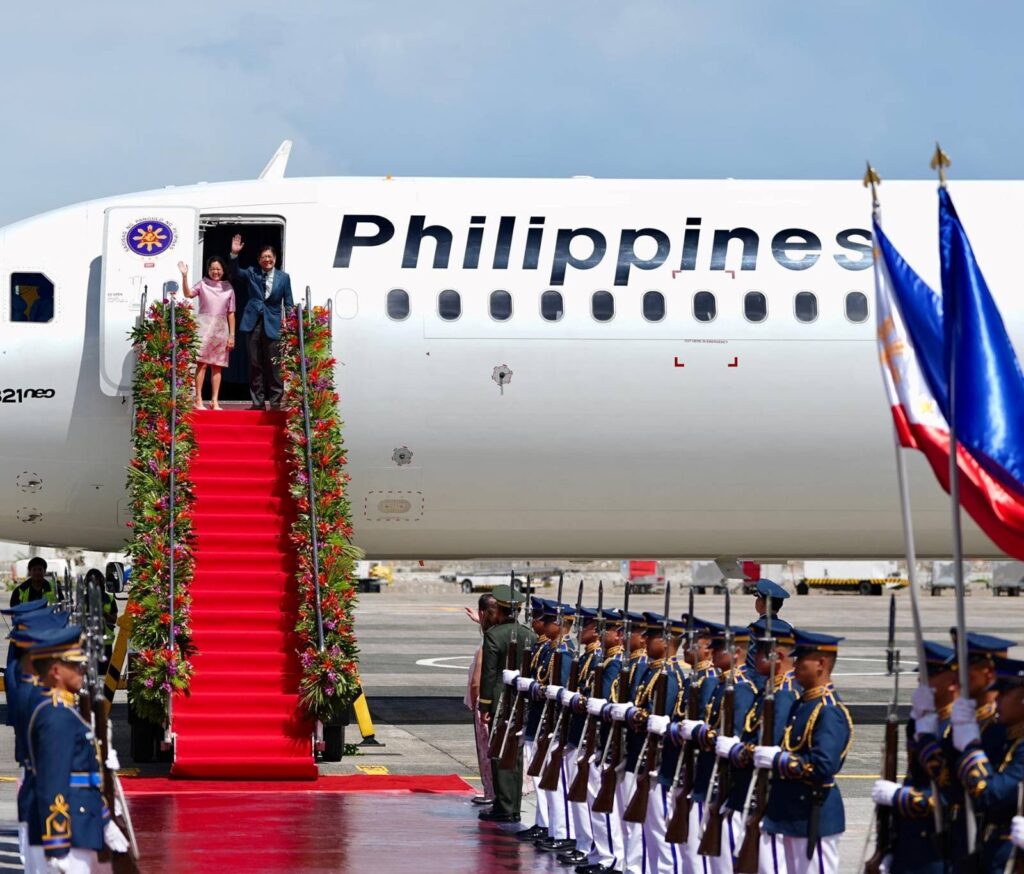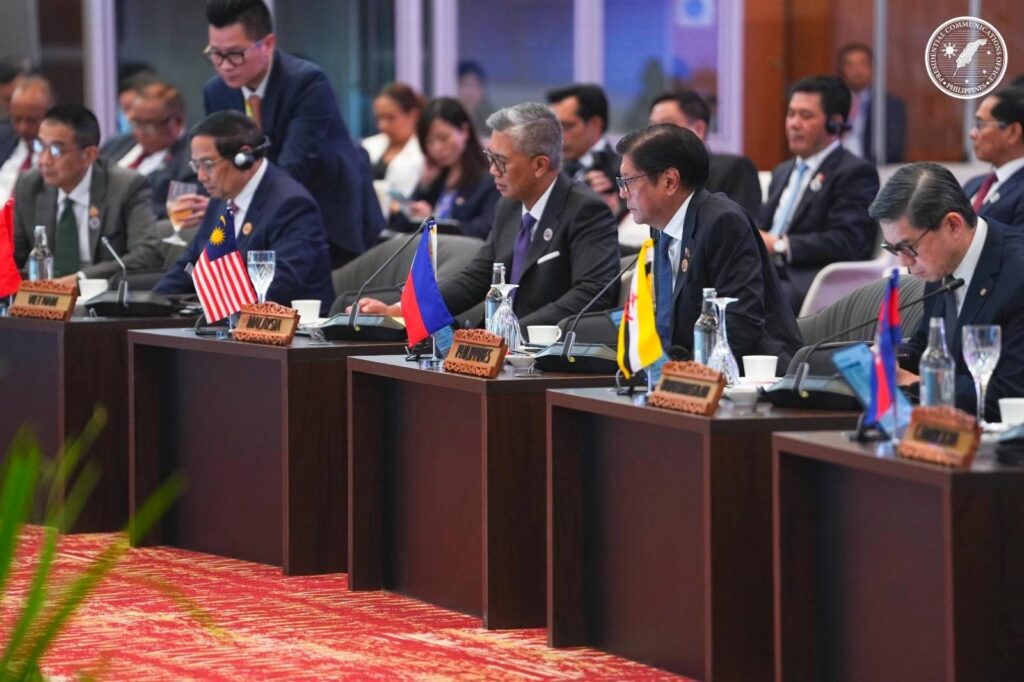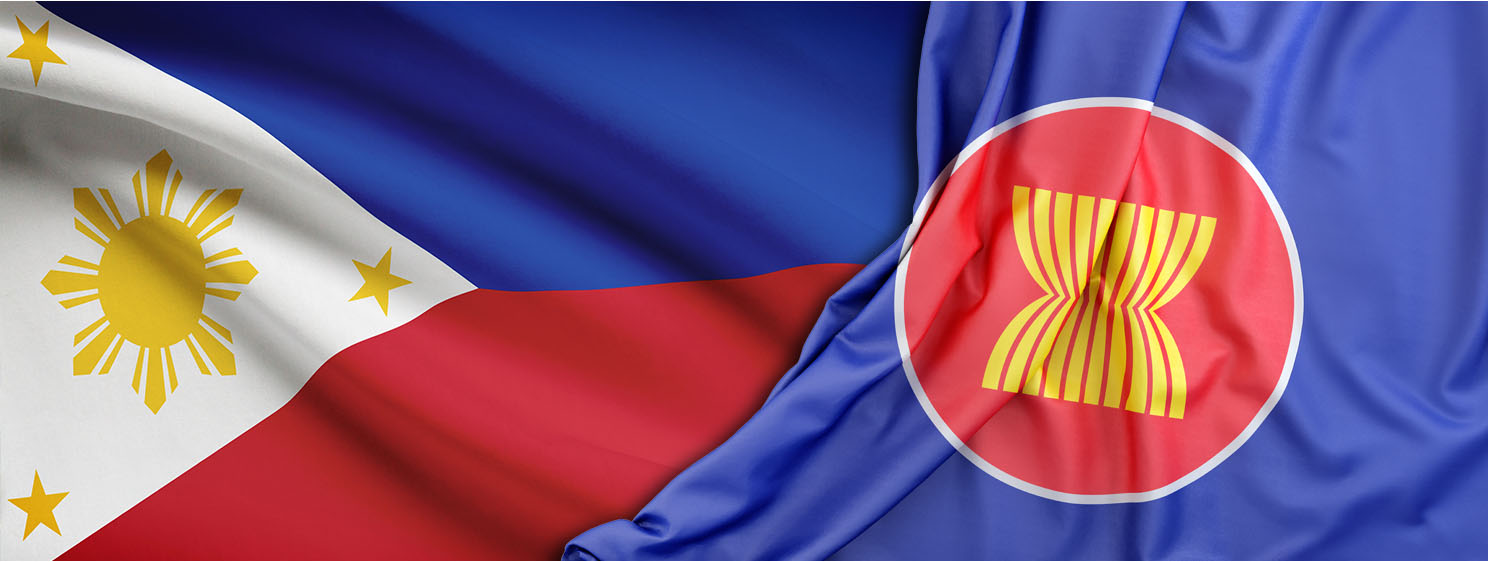|
Getting your Trinity Audio player ready...
|
Philippine President Ferdinand ‘Bongbong’ Marcos Jr. has expressed support for the establishment of an ASEAN Centre of Excellence for Artificial Intelligence (AI), emphasizing the importance of collaboration, ethical standards, and inclusivity in shaping the region’s digital future.
Speaking at the ASEAN Leaders’ Interface with the ASEAN Business Advisory Council (ASEAN-BAC) at the Kuala Lumpur Convention Centre, Marcos acknowledged the potential of the ASEAN bloc to lead in responsible AI development.
“We fully support this initiative and recognize its potential for a future ASEAN Centre of Excellence for AI, built on innovation, ethical standards, and transparency,” he said, referring to the ASEAN-BAC’s flagship AI Engagement Platform.

Strategic digital governance
The AI Engagement Platform, led by ASEAN-BAC, is a regional initiative designed to unite public and private sector stakeholders to develop cohesive policies around AI and its application in Southeast Asia. Marcos underscored the importance of this approach, describing it as timely and forward-looking.
“The AI Engagement Platform offers a timely and strategic approach to digital governance across our region,” he said. The president highlighted that the initiative promotes responsible and inclusive AI practices, ensuring that technological progress serves all levels of society.
“By fostering collaboration on responsible and inclusive AI, [the AI Engagement Platform] ensures that technological advancements benefit all segments of society,” he added.
AI for people-centered development
Marcos noted that an ASEAN AI Centre of Excellence could help shape a future-ready regional ecosystem grounded in ethical principles and shared values.
“Such [a] center can lead in shaping an AI ecosystem that empowers our people, safeguards our values, and contributes to sustainable development throughout our region,” Marcos said. He also emphasized that the future of ASEAN’s digital economy must prioritize the welfare of its citizens and communities through inclusive innovation.
Human capital and digital skills

In his remarks, Marcos turned his attention to human capital development, calling for sustained investments in education and digital literacy. He welcomed the ASEAN Talent Development and Mobility Initiative, another ASEAN-BAC project, as an essential step toward equipping the region’s workforce for the future.
“We must continue to invest in our people. A digitally literate, adaptable workforce is the foundation for any progress we hope to achieve,” he said.
The initiative aims to strengthen human capital through student mobility programs, skills training, and digital literacy enhancement, all of which Marcos described as “essential in preparing the region’s workforce for the future of work.”
Support for digital economy framework
Marcos also backed the ASEAN Digital Economy Framework Agreement (DEFA), an initiative intended to strengthen regional digital integration and promote economic resilience. He acknowledged the private sector’s contribution to developing the framework and emphasized that digital infrastructure and policy must complement workforce development.
“Above all, we must continue to invest in our people,” Marcos said. “A digitally literate, adaptable workforce is the foundation for any progress we hope to achieve.”
Easing trade barriers and enhancing MSME support
Moreover, Marcos addressed ASEAN-BAC’s concerns regarding the ASEAN Trade in Goods Agreement (ATIGA), calling for regulatory reforms that do not hinder commerce.
“While regulations are certainly necessary, we must ensure that they do not become trade barriers,” he said. He proposed that ASEAN explore “strategic trade management” strategies to balance open markets and economic security. Marcos also praised efforts to support micro, small, and medium enterprises (MSMEs), which form the backbone of the region’s economy.The president welcomed the roadmap for a Unique Business Identification Number (UBIN), a mechanism aimed at facilitating cross-border business for MSMEs and improving their access to larger regional markets.
Confidence amid global uncertainty
Amid global uncertainties, including trade policy changes and geopolitical tensions, Marcos reassured regional stakeholders of ASEAN’s commitment to stability and cooperation.
“Even as trade tensions and policy uncertainties remain, the private sector can find assurance in ASEAN’s quiet resolve to uphold stability and deepen economic cooperation,” he said. “By ensuring that trade remains both open and secure, we aim to foster a more trusted and resilient economic environment.”
The role of ASEAN-BAC
The ASEAN-BAC, formed in 2001, plays a central role in advising and collaborating with ASEAN governments on business and economic issues. Its initiatives on AI, digital talent development, and trade facilitation reflect a growing focus on digitalization as ASEAN works toward its 2045 vision of a connected and resilient regional economy.
Philippine Ambassador to Malaysia Maria Angela Ponce echoed this sentiment, noting that Marcos “supports the call for digital transformation and the establishment of a digital economy in ASEAN.”
In order for artificial intelligence (AI) to work right within the law and thrive in the face of growing challenges, it needs to integrate an enterprise blockchain system that ensures data input quality and ownership—allowing it to keep data safe while also guaranteeing the immutability of data. Check out CoinGeek’s coverage on this emerging tech to learn more why Enterprise blockchain will be the backbone of AI.
Watch: The Philippines is moving toward blockchain-enabled tech

 02-25-2026
02-25-2026 




